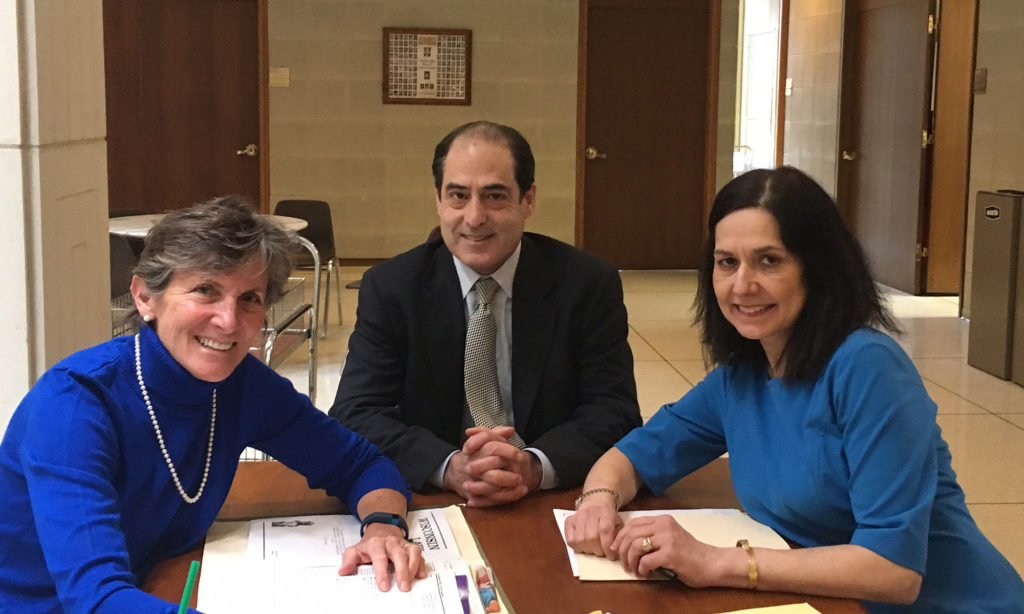In a pathbreaking law review article published Jan 17, 2019 in the UNC Law Review, Attorney and Hastings School of Law professor Kathryn Tucker, who has brought any number of MAID cases to the US Supreme Court and various State supreme courts, argues that because there is no NC law prohibiting the writing of MAID prescriptions, NC doctors should be able now to write scrips for terminal, competent adult patients, provided they adhere to a prevailing medical standard of care.
https://www.northcarolinalawreview.org/single-post/2019/01/16/Aid-in-Dying-in-North-Carolina
Tucker’s article follows the logic prevailing in Montana, where in 2009 the Montana Supreme Court agreed that in the absence of a law proscribing MAID, it would be illegal to prosecute a doctor who, in conformity with the appropriate medical standard of care, wrote prescriptions for terminally ill, mentally competent patients. In the last ten years, many Montana doctors have been writing MAID prescriptions to help terminal Montanans end their life on their own terms at the time and place of their choosing.
Tucker makes the compelling case that NC doctors can apply the relevant standard of care in treating their terminal patients because the legislature has chosen not to intrude in an area where medical professionals are best equipped to develop an appropriate standard of care, as they do in almost every other type of procedure. Additionally, Tucker notes, given that there are 8 US jurisdictions and several foreign countries where doctors for some time have been helping terminal patients in choosing the optimal end of life option, NC doctors should be able to develop and adhere to a binding standard of care.
DRNC congratulates Tucker on this landmark article which makes a compelling case hopefully providing imminent access to the terminally ill in North Carolina of another End of Life Option.
This article is republished with the kind permission the North Carolina Law Review, Vol. 97 Addendum, pp. 1–20 (2019).

Edmund Tiryakian
Ed Tiryakian, J.D., MBA, founded Dying Right NC in 2015 and is its Executive Director. He previously worked in international banking in Asia before retiring to his native NC.He believes End of Life issues are one of society’s most pressing challenges as we all live longer and the medicalization of the dying process continues to conflict with the individual’s right to choose his or her end.


